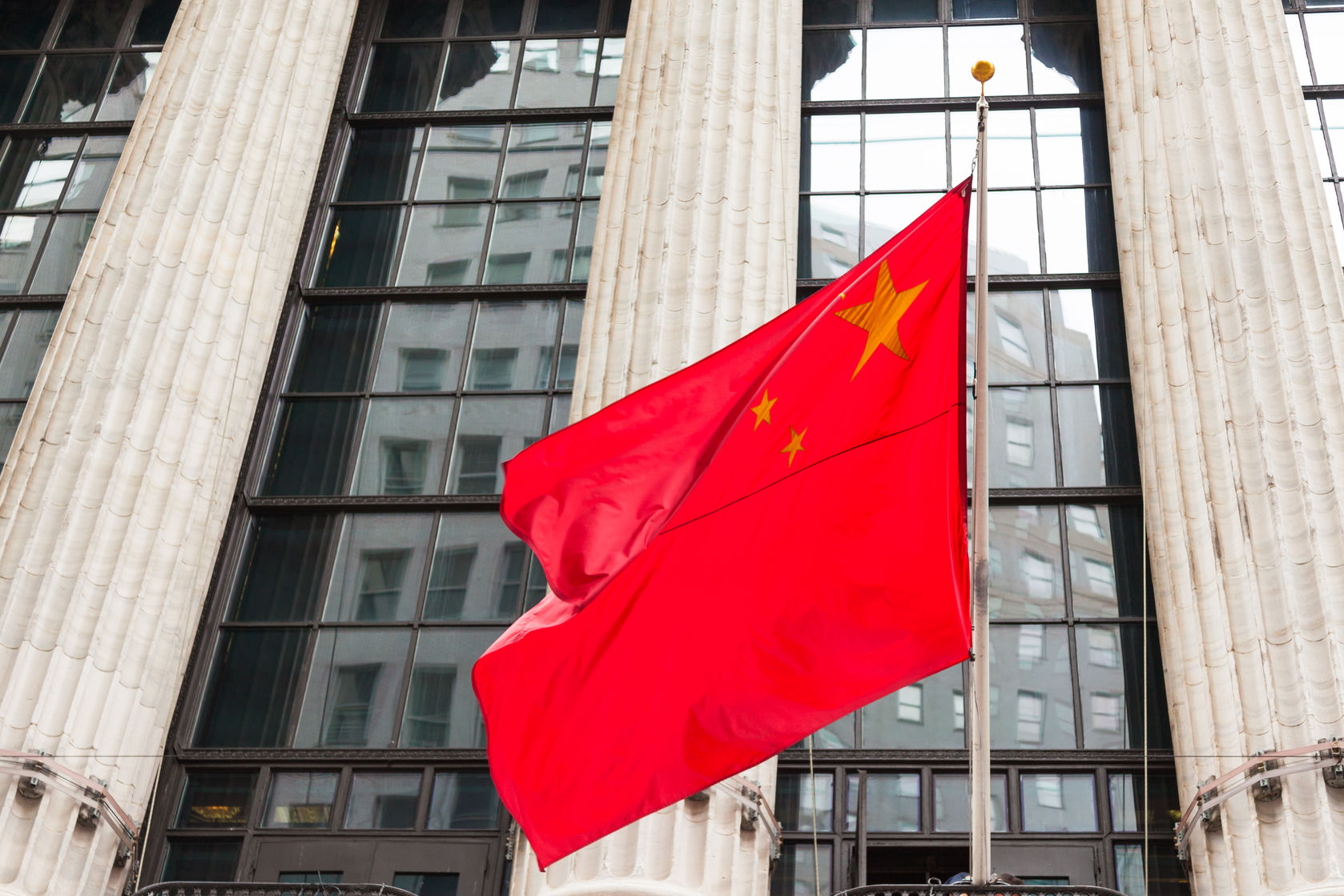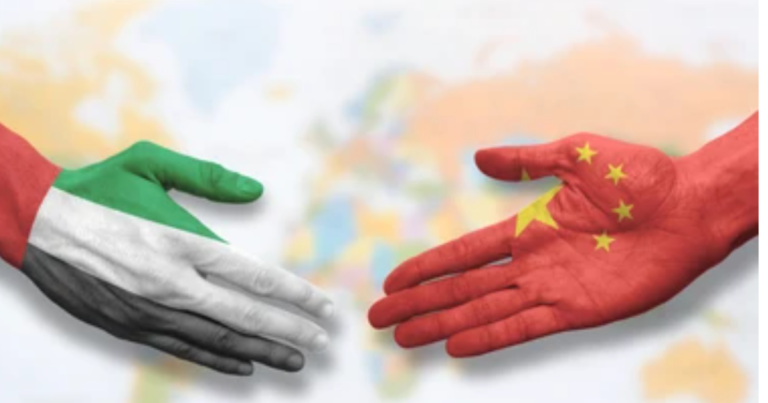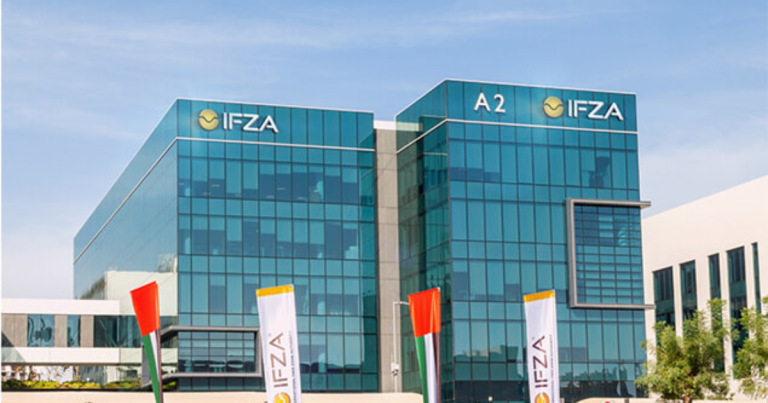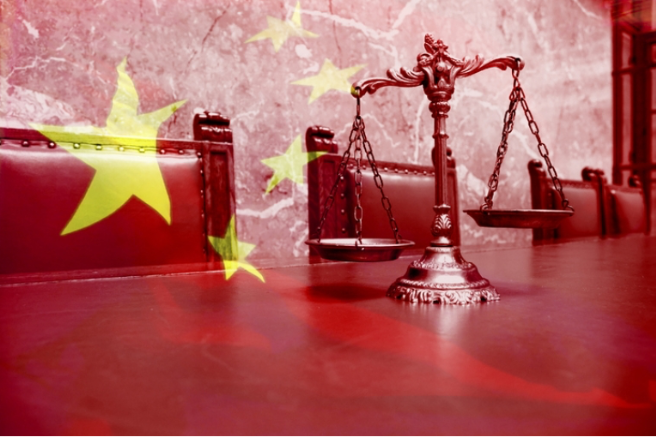China Mandates Data Officer Registration by August, With Fines for Non-Compliance
Beijing, Aug. 14, 2025 – China’s market regulator has, for the first time, ordered a completed corporate acquisition to be unwound on antitrust grounds, underscoring a new era of stricter enforcement under the Anti-Monopoly Law. On July 23, 2025, the State Administration for Market Regulation (SAMR) announced a prohibition decision against Wuhan Yongtong Pharmaceutical’s 2019 takeover of Shandong Huatai Pharmaceutical – a deal that had flown under the radar of merger reviews until nowhsfkramer.com. While SAMR has blocked three proposed deals in the past, this marks the first-ever “unwinding” of a consummated transaction in Chinahsfkramer.com. The case involved a vertical merger in the pharmaceutical sector that regulators say eliminated competition and led to sharply higher drug prices, adversely impacting consumers.
The transaction in question saw YT Pharmaceutical (a Wuhan-based API supplier) acquire 50% of Shandong HT Pharmaceutical, which produces a specific injectable drug. The merger created a vertically integrated firm controlling both the key active ingredient (papaverine hydrochloride) and the finished injectable medicationhsfkramer.com. SAMR’s investigation – which it initiated in early 2025 despite the deal falling below normal notification revenue thresholds – concluded that the acquisition enabled YT Pharma to choke off rivals’ access to a critical raw material and then dramatically raise prices. According to SAMR’s findings, by 2018 YT Pharma had secured an exclusive distribution agreement for the drug’s raw ingredient, making it the sole source for most manufacturers in Chinahsfkramer.com. Post-merger, HT Pharma’s market share in the downstream injection shot up from about 25–30% to over 50%, and the average price of the injection spiked alarminglyhsfkramer.com. “Compared with 2017, the ex-factory price of papaverine injections rose in 2018 by over 400%,” the SAMR decision noted, attributing this to YT’s control of the ingredienthsfkramer.com. After the 2019 acquisition, prices climbed a further 60–65%hsfkramer.com and remained vastly above pre-merger levels, which regulators said “seriously harmed patients’ interests”hsfkramer.com. These facts led SAMR to determine the deal had restrictive effects on competition in violation of the Anti-Monopoly Law, even though each company was relatively small by standard metrics.
As a remedy, SAMR ordered YT Pharma and its ultimate owner to divest all shares acquired in HT Pharma to an independent third party within six months (by January 22, 2026)hsfkramer.com. Until the sale is completed, the firms must cease any integration and YT is barred from influencing HT Pharma’s business operationshsfkramer.com. If no buyer is found, SAMR can arrange a forced sale or other measures to restore competition. This enforcement action – essentially undoing a 4-year-old merger – sends a strong message to both domestic and foreign companies: Chinese antitrust authorities are prepared to revisit past deals and impose drastic sanctions if they find market harm. It’s notable that the case was “called in” by SAMR proactivelyhsfkramer.com, despite the companies initially being under merger filing thresholds (China raised its notification thresholds in 2023–24). SAMR’s decision did not clarify whether the deal should have been reported under the older, lower thresholds, but the agency still asserted jurisdiction due to the significant competitive impacthsfkramer.com.
Global businesses operating in China should take heed of this more aggressive posture. The pharmaceutical and life sciences sector, in particular, has now seen multiple enforcement actions, aligning with Beijing’s policy focus on drug pricing and supply chain control. Anti-monopoly lawyers point out that China’s revised Anti-Monopoly Law (amended in 2022) ramped up penalties for failing to notify mergers and empowered regulators to scrutinize even small deals that could “exclude or restrict competition.” The unwinding of YT/HT Pharma underscores that even transactions completed years ago are not immune from intervention. Foreign companies planning acquisitions in China – or even global deals involving Chinese markets – must carefully assess antitrust risks and consider voluntary consultations with SAMR if there’s any competitive overlap. This is especially true in sectors like healthcare, semiconductors, and technology where authorities are on high alert. SAMR has shown it will prioritize substantive effects on market competition over formalistic thresholds. In practical terms, multinationals may need to revisit prior acquisitions in China (especially tuck-in deals that weren’t notified) to evaluate if changed market conditions could draw regulatory scrutiny. The cost of non-compliance can be severe: apart from fines, SAMR now has precedent to force divestitures, unwinding synergies that companies and investors assumed were a done dealhsfkramer.com. On the upside, China’s more forceful antitrust enforcement could level the playing field and deter anti-competitive conduct, potentially benefiting foreign firms that play by the rules. But the immediate takeaway for corporate counsel is clear – robust antitrust compliance in China has never been more critical, and no deal should be considered too small to escape the watchdog’s gaze.







